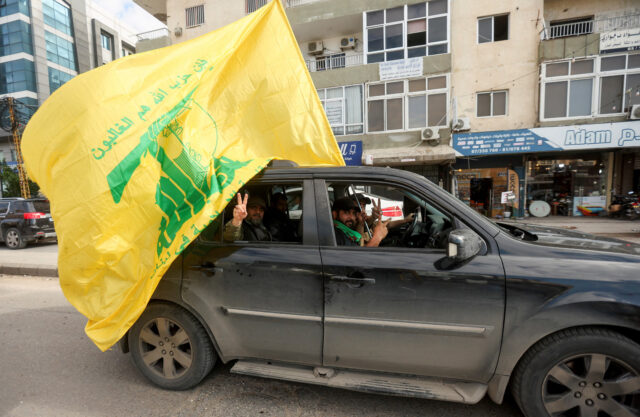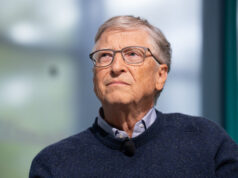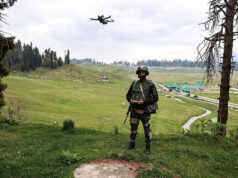
In a significant development for Middle East geopolitics, Hezbollah has publicly expressed conditional openness to begin disarmament talks with the Lebanese government. The move comes amid growing internal and external pressure to restore full national sovereignty and demilitarize non-state actors operating within the country’s borders.
A Conditional Offer
Hezbollah’s leadership has signaled its readiness to engage in disarmament discussions with Lebanese President Joseph Aoun, who took office in January with a clear mandate to reestablish state control over all armed forces in the country. However, the powerful Shiite militia has attached key conditions to any negotiations.
According to Hezbollah spokespersons, the group is open to relinquishing its weapons if Israel fully withdraws from five strategic hilltops in southern Lebanon — areas Hezbollah claims are under ongoing occupation. Additionally, the group is demanding a halt to Israeli military operations in Lebanese territory and airspace, citing sovereignty violations and civilian endangerment.
Aoun’s Push for National Unity
President Aoun has made Hezbollah’s disarmament a central pillar of his administration’s national security strategy. His government argues that a fully sovereign Lebanon requires exclusive state control over all armed entities — a position that aligns with international calls, particularly from the United Nations Security Council, for the implementation of UNSC Resolution 1559, which calls for the disbanding and disarmament of all Lebanese militias.
Speaking to the press earlier this week, Aoun stated:
“The Lebanese Armed Forces must be the sole guardians of our country’s security. Dialogue is key, but our goal is clear — a unified, peaceful Lebanon free from parallel weapons and divided authority.”
2024 Conflict’s Toll on Hezbollah
Hezbollah’s willingness to enter talks may be linked to its significant losses during the 2024 conflict with Israel, a months-long escalation that resulted in the deaths of thousands of its fighters and the destruction of a substantial portion of its rocket and drone arsenal. The group, which once boasted an arsenal of over 100,000 projectiles, has seen its military capacity severely degraded.
In the aftermath, Hezbollah’s leadership has shifted rhetoric from military defiance to a more pragmatic tone, possibly recognizing the diminishing returns of continued armed confrontation.
Government Support and Disarmament Timeline
Several key ministers within the Aoun administration have thrown their support behind a proposed six-month disarmament timeline. The plan would include phased handovers of weapons, integration pathways for Hezbollah’s fighters into state institutions (such as the Lebanese Army or civil defense), and transitional security arrangements in Hezbollah-controlled regions.
The timeline, officials argue, would not only help restore law and order but also facilitate foreign aid and investment — critical to a Lebanese economy still reeling from years of political instability, the 2019 financial crisis, and war-related infrastructure damage.
Domestic Challenges and Regional Reactions
Domestically, Hezbollah retains significant support among segments of the Shiite population and operates a vast social services network, making disarmament a politically sensitive issue. Critics argue that disarmament without parallel social and economic reintegration could destabilize regions where Hezbollah remains deeply embedded.
Regionally, Israel has not formally responded to Hezbollah’s demands but continues to maintain a security presence near the Lebanese border. Israeli officials have repeatedly stated that any withdrawal from disputed areas must be linked to “guaranteed disarmament and cessation of hostilities.”
Meanwhile, Iran — a key backer of Hezbollah — has issued a cautiously worded statement emphasizing “sovereignty and national dialogue” without explicitly supporting or opposing Hezbollah’s new stance.
What’s Next?
The coming weeks will be critical. If the Lebanese government can secure tangible progress toward disarmament while balancing political pressures and maintaining regional stability, it could mark a historic shift in Lebanon’s post-civil war trajectory.
For now, Hezbollah’s openness to negotiation presents a rare — and perhaps fleeting — opportunity to resolve one of Lebanon’s most persistent and destabilizing issues.



